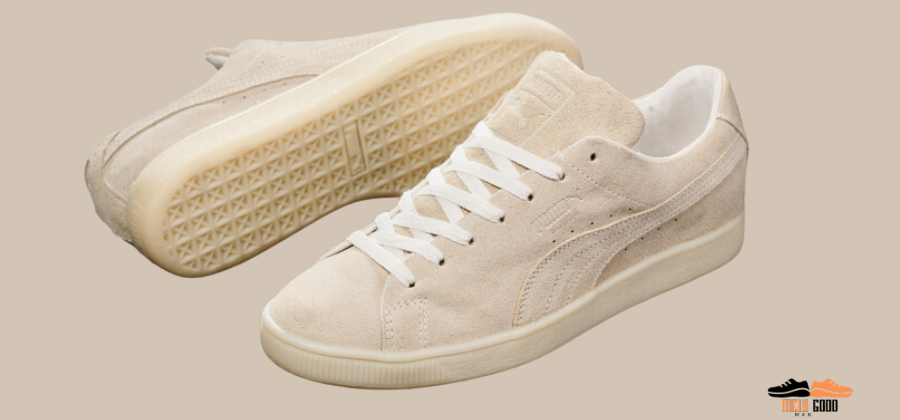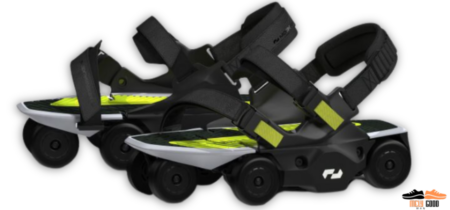
Puma has revealed the results of its Re: Suede experiment, The company biodegradability tested its iconic Suede shoes. The experiment tested on 500 pairs of Re: Suede shoes, a version of the Suede that uses sustainable materials such as zoology suede, hemp, and cotton. The Experiment was Volunteers wore the shoes for six months and then returned them to Puma for composting.
Key Takeaways:
- Puma experimented biodegradability test of its Re: Suede shoes.
- The experiment showed that shoes can decompose into high-quality compost in an industrial facility, but not in a standard compost bin at home.
- They plan to release a retail version of the Re: Suede shoes in 2024, allowing customers to return their worn-out shoes for composting.
- Puma faces challenges such as consumer demand, infrastructure, balancing performance, and environmental impact.
The Company received 412 pairs of Re: Suede shoes and sent them to their composting facility, where they were mixed the all shoes with other organic waste. This process involved shredding the shoes and controlling temperature and humidity to speed up decomposition.
After 3.5 months, Puma discovered that most of the shoe top leather had decomposed into high-quality compost, suitable for growing plants. However, the rubber sole took longer about six months to decompose, and had to be broken down into smaller pieces.
Puma considers this experiment a success, but admits that the shoes still cannot be thrown into standard compost bins at home, as the soles would slow down the process and contaminate the compost. The brand plans to launch a commercial version of Re: Suede in 2024, with a take-back program that would allow customers to return their worn-out shoes for a specialized composting process. They more says scale and collaboration is needed to make this work, as well as more consumer awareness and demand.
This is not the first time Puma has experimented with biodegradable shoes. In 2012, the brand launched a collection of shoes and clothing that could be returned to Puma stores for composting or recycling. However, the collection was discontinued due to low consumer demand and lack of infrastructure. Puma claims to have learned from its past mistakes and hopes to improve its sustainability efforts with Re:Suede .
Puma is not the only brand that has marketed “biodegradable” shoes, but the claims are often vague or misleading. For example, Adidas has a line of shoes made from recycled plastic that can be returned to Adidas for recycling, but not for composting. Reebok has a shoe made from corn and cotton that can be composted, but only in an industrial facility. Nike has a shoe made from plant materials that can be composted, but only after removing the insole and laces.
Puma ‘s Re:Suede experiment shows that biodegradable shoes are possible, but they’re not easy. The challenge lies in balancing shoe durability and performance with environmental impact and consumer convenience. Puma hopes its Re:Suede project will inspire more innovation and collaboration in the sportswear industry, as well as more consumer awareness and demand.







